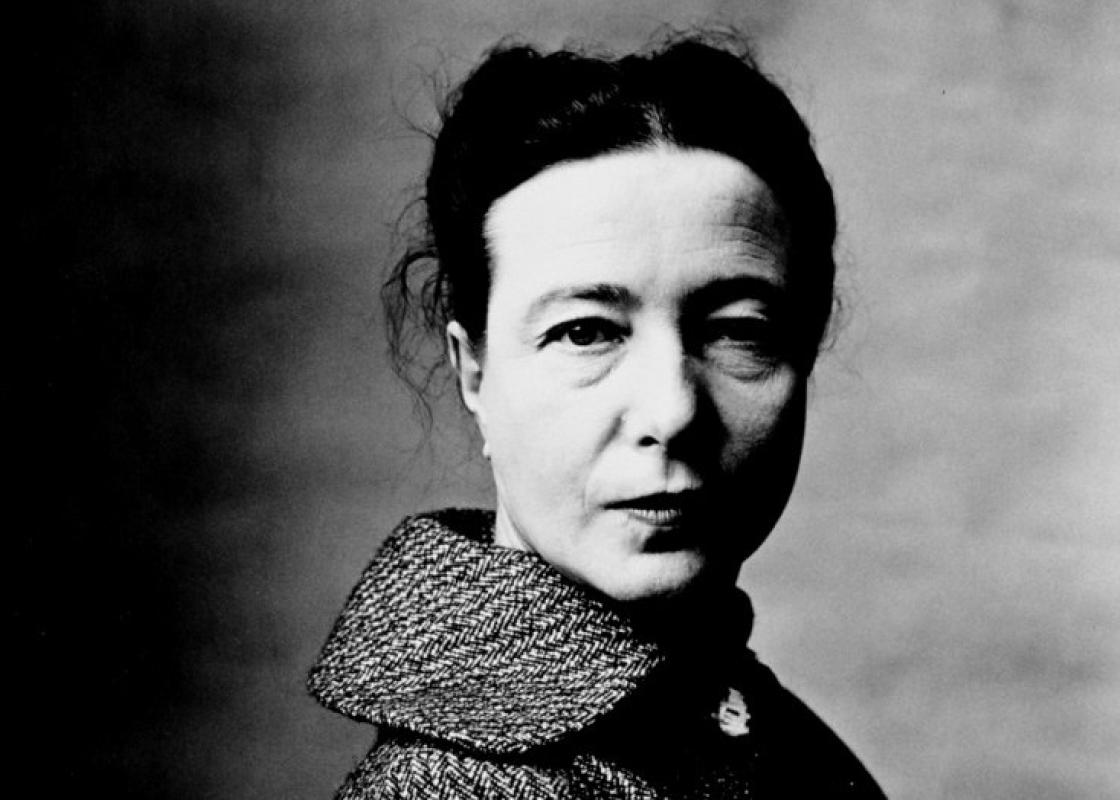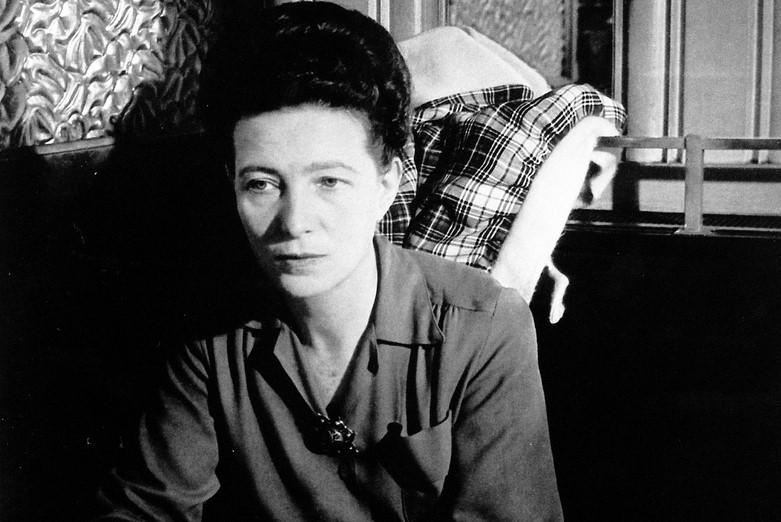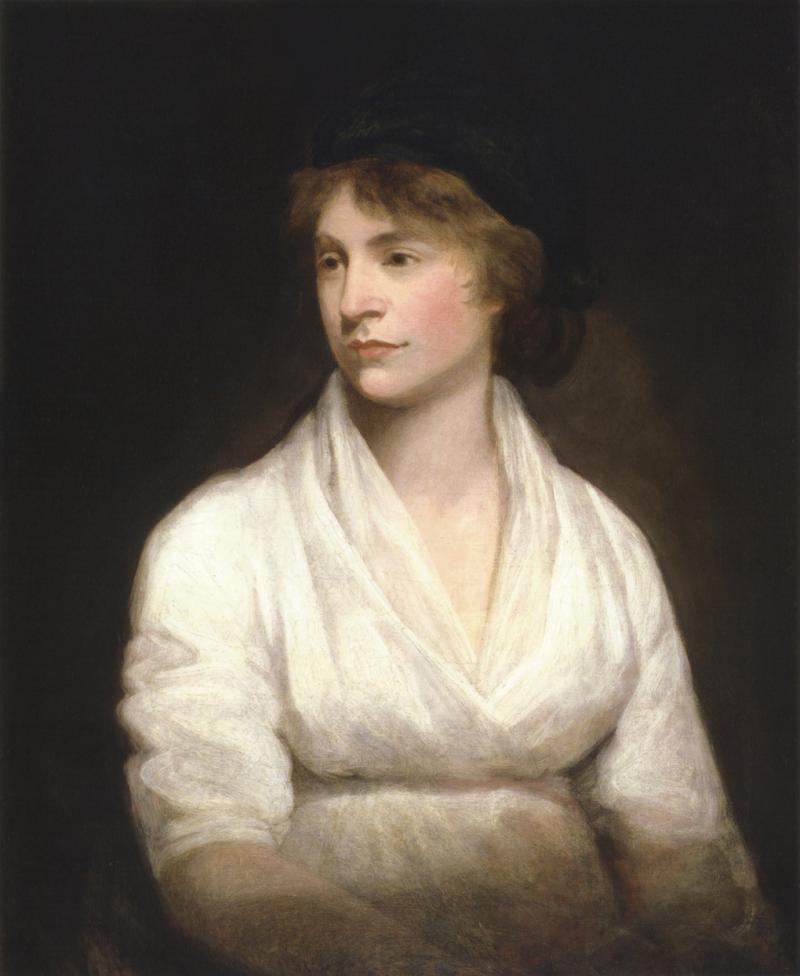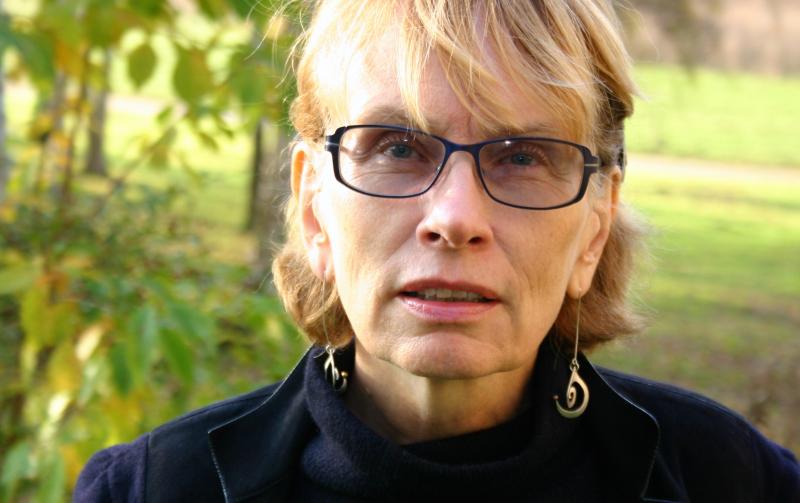Tove Pettersen is professor of philosophy, and recently published an article in which she argues that age and gender need to be studied in relation to each other. She applies Beauvoir’s term ‘alterity’ to describe the othering of both women and elderly.
“Alterity is a philosophical term that means otherness. In her work The Second Sex, Beauvoir demonstrates how the idea that women from nature are essentially different from men may explain why women are oppressed,” Tove Pettersen explains.
Woman as an imperfect man
The fundamental thesis in The Second Sex is that the woman, compared to the man, has historically been considered faulty and deviant – as an imperfect man. As long as the woman is not considered equal, mutual recognition between the sexes is impossible, according to Beauvoir.
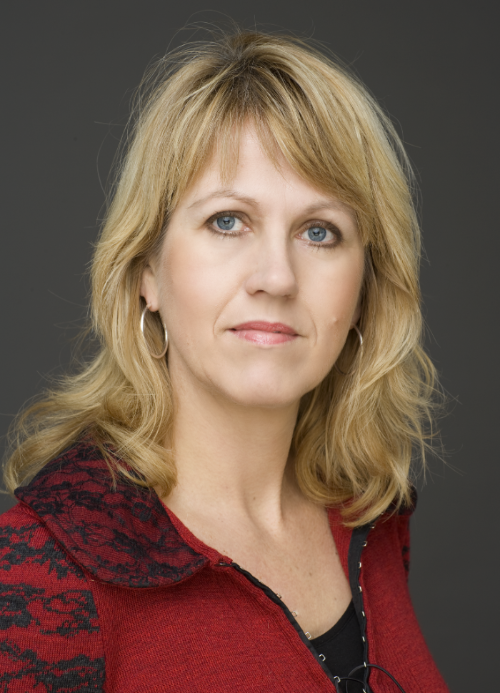
The fundamental thesis in The Second Sex is that the woman, compared to the man, has historically been considered faulty and deviant – as an imperfect man. As long as the woman is not considered equal, mutual recognition between the sexes is impossible, according to Beauvoir.
“In my article ‘The old (man) as the other’, I demonstrate how Beauvoir applies the theory of woman as the other in her work The Coming of Age in order to explain the oppression of elderly people. The elderly are also perceived as second-rate people,” says Pettersen.
“It is precisely the idea that some people represent this type of alterity that Beauvoir criticises both in The Second Sex and in The Coming of Age.”
Oppression of the elderly lies in their loss of status: from being seen and treated as a responsible adult to becoming a dependent object.
Read: The forgotten philosophers
Self-deceit
“You write that old age comes as a surprise for most people. Why is that, do you think?”
“According to Beauvoir, this is in fact part of the exclusion that elderly people are subjected to. It is so pervasive that it also affects our future selves. We refuse to identify with the elderly,” says Pettersen.
According to the professor, we tend to think of old age as something that only concerns others precisely because the elderly are associated with this otherness. Thus, elderly people are considered radically different from normative citizens in a society, such as the typically younger, white, heterosexual and able-bodied man.
“This is of course self-deceit, but the lack of willingness to identify with the elderly contributes to maintaining the oppression of elderly people,” she says.
“When we fail to regard them as equals, we open for unwarranted discrimination. If we had been willing to identify with the elderly, we would not have accepted age discrimination and ageism.”
Worst for men?
Simone de Beauvoir claims, according to Tove Pettersen, that many men have a worse experience of getting old than women because they are more taken by surprise by it: ‘Women have experiences of being the radical other long before they enter old age. As an elderly, the woman ‘only’ faces yet another layer of alterity: ageism comes in addition to sexism’, Pettersen writes in her article.
Sometimes, elderly people develop traits that others perceive as negative, such as being rigid, grumpy, stingy or whiny.
“Are we to interpret this as if Beauvoir thinks that discrimination is easier to deal with for women just because we are used to it, and is this not a problematic statement?”
“We may interpret it thus: some oppressed people find various ways to compensate in order to deal with their own situation,” says Pettersen.
“This may be expressed through subtle resistance such as refusing to speak, refusing to show up, refusing to eat or refusing to cooperate. At other times, a sort of ‘false consciousness’ develops, where the oppressed part believes that being subordinate is OK,” says Pettersen.
Compensates for powerlessness
Another possibility is to take advantage of the benefits of being in a subordinate position: Not having to take responsibility for one’s own choices, being led and provided for by others or playing on gendered expectations because it is rewarding, Pettersen continues.
“Some readers may find this provocative. Beauvoir claims that the oppressed are not always just passive victims and that not all oppression is total.
In her article, Tove Pettersen also applies Simone de Beauvoir’s idea of ‘the body as situation’. She writes about how the elderly, like oppressed women, compensate for their powerlessness in various ways.
“Sometimes, elderly people develop traits that others perceive as negative, such as being rigid, grumpy, stingy or whiny. But these traits may also be viewed as strategies to counter power when one feels helpless,” says Pettersen.
No sexual liberation for elderly women
Colleague and gender researcher Wencke Mühleisen agrees that women’s experience of coming of old age differs from most men’s experiences. But she does not necessarily think that elderly and middle-aged women find it easier to handle old age. This phase in women’s lives are, on the contrary, dominated by some persistent sexist myths.

“One of the reasons behind the stigma of menopause is that women’s potential fertility is connected to ideas of sexual attractiveness,” she says.
“When women no longer produce potentially fertile eggs, they are defined out of the game of lust through cultural myths. If we disregard that a few people may consider this a relief, it is primarily connected to frustration, anger, grief and loneliness for a lot of women.”
Read: The dress is challenging the suit as the ultimate power outfit
Women over fifty are stigmatised
Both as a researcher and as author of fiction literature, Wencke Mühleisen has studied and explored the various types of stigmatising and discrimination that affect middle-aged and elderly women. In societies that are rooted in the patriarchy, middle-aged and elderly women’s sexuality is often perceived as the most difficult part to deal with. This is because women’s worth is still largely defined by beauty and youth, and sexuality is largely connected to these factors.
“Horny ladies and elderly women’s sexual desires, attention or admiration are often perceived as unwanted or threatening, particularly if the woman plays an active part,” she explains.
According to Mühleisen, women’s sexual liberation and equality is not successful unless it also includes women who have reached midlife.
“Sometime after the age of fifty, heterosexual men and women have different access to and opportunity for a life filled with love, partnership and sex,” she says.
“We don’t talk much about this, and it is saturated with popular explanations, such as those grounded in evolutionary psychology stating that it is the course of nature or that it has always been this way and we just have to accept it. What do we have to accept?” she asks.
Loss of status
This may indicate that the aging man’s loss of status is related to a sudden loss of productivity. The aging woman’s loss of status, on the other hand, is related to the fact that she has lived her whole life under what the feminist philsospher Mary Wollstonecraft has called ‘beauty’s dictatorship’. This particularly affects women’s possibility to lead an erotic life in old age.
While working with her book Hetetokt (‘Hot flush’), which deals with menopause, Wencke Mühleisen came across statistics showing two conspicuous tendencies: despite the fact that more women than men initiate break-ups before midlife, more women in heterosexual relationships after midlife are left for a younger woman.
There is a multitude of single middle-aged and elderly heterosexual women out there with limited possibility for love or an erotic life.
“For women who have reached midlife, the biggest problem is not a lack of sexual desire, as the sexist myths proclaim, but a lack of available partners,” she says.
“There is a multitude of single middle-aged and elderly heterosexual women out there with limited possibility for love or an erotic life. And the reason is that statistically, the selection of potential male partners decreases drastically year by year.”
Wencke Mühleisen has dealt with this topic in her fictional works too, most recently in her novel Redd deg selv lille hjerte (‘Save yourself, little heart’), which was published last year.
Eternally universal
Simone de Beauvoir writes about gender and aging at a time in history that is quite different from the Norwegian, late modern society with more gender equality, less economic inequality and a welfare state that presupposes families with two adults with paid work outside the home. Tove Pettersen and Wencke Mühleisen provide different answers to the question of how relevant the analysis in The Coming of Age is in a current Norwegian context.
“All texts are written at a certain place and time, and therefore the readers naturally have to put them into context,” says Pettersen.
“What makes Beauvoir’s analyses relevant is that she refers to individual and particular examples, and then draws common human and universal aspects of human life out of them.”
She explains that within the humanities, the fact that a text is ‘old’ does not necessarily mean that it is ‘outdated’ or ‘useless’.
“On the contrary. Such texts are potential sources of knowledge about how human beings have lived together and sorted out their challenges. In this way, they may contain insights that we can learn from when we encounter ethical and political challenges in our own time. The Coming of Age is such a text,” the philosophy professor explains.
Acutely irrelevant
Colleague and media researcher Wencke Mühleisen is harsher in her verdict.
“When I read The Coming of Age, it became clear to me how much things have actually changed for elderly people and women since Beauvoir wrote the book.”
The Second Sex has had an enormous influence on our culture.
She uses the term ‘acutely irrelevant’ about the work, and points to a passage from Pettersen’s article in which she quotes Beauvoir:
In addition to the fact that the elderly person becomes the other in terms of alterity, the elderly man also becomes the other within the social and financial hierarchy, primarily because they lose their connection to the labour marked and become unproductive. Here, too, women and men are affected differently, at least in societies in which men are more often active workers. (…) Women have in their traditional roles – as mother, daughter, wife – only in exceptional cases been given status at the first, which has been reserved for the father, the son and the provider.
Mühleisen admits that Beauvoir’s analytical and theoretical toolbox may be useful. But she points to the fact that women today – even when we do not take class differences into consideration – are neither incapacitated nor the eternal Other.
“They get an education, provide themselves and their families, live with men, with women, with or without children, or they are single. Therefore, the thesis that women are so used to othering and being incapacitated that they do not feel declassed and exposed to ageism to the same extent as men does no longer hold water,” claims Mühleisen.
Constrained potential
According to Tove Pettersen, Simone de Beauvoir’s text may help explain why people are oppressed and discriminated. She also maintains that it is up to the readers to decide which situations Beauvoir’s theory is suitable for.
“One of the main arguments in my article is precisely that Beauvoir’s analysis of the oppression of women may be used to explain oppression of elderly people today,” she says.
“This is important because age discrimination is often ignored in feminist theory today, while at the same time the significance of gender is often ignored in aging research.”
Pettersen believes that The Coming of Age may contribute to a change in terms of how we think about the relationship between generations.
“Perhaps in the same way as The Second Sex has changed our way of thinking in terms of the relationship between the sexes,” she explains.
“The Second Sex has had an enormous influence on our culture, and clearly demonstrates the major significance that feminist philosophy and humanistic research may have. The Coming of Age has an equal, yet constrained, potential.”
According to Pettersen, the analyses in The Coming of Age provide us with terms that help us better understand what old age is, the reasons behind ageism, and how gender, class and other conditions work together with age.
“We need to keep all these things in mind when we prepare for an old age that is good for everyone,” she concludes.
Translated by Cathinka Dahl Hambro.
Tove Pettersen is professor of philosophy at Centre for Gender Research, University of Oslo.
Her article ‘Den gamle (mannen) som Den andre’ (‘The old (man) as the Other’) is based on The Second Sex (1949) and The Coming of Age (1970) by Simone de Beauvoir. The article is published in Norsk filosofisk tidsskrift (Norwegian Journal of Philosophy) no. 4/2020.
Wencke Mühleisen is a media researcher and fictional writer.
She is the author of the books Hetetokt (‘Hot flush’, 2018) and Redd deg selv lille hjerte (‘Save yourself, little heart’, 2021) in which she writes about women’s coming of age.
